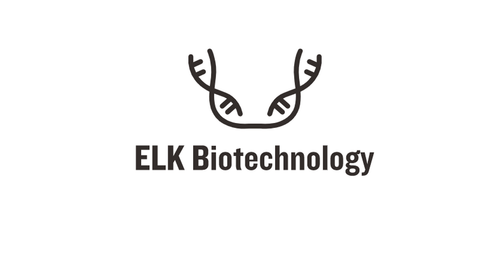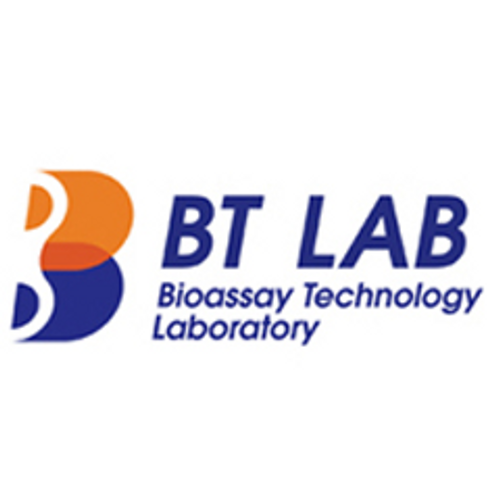Product Description
Mouse Histone acetyltransferase p300 (EP300) ELISA Kit | AE58832MO | Abebio
Species Reactivity: Mouse (Mus musculus)
Abbreviation: EP300
Alternative Name: RP1-85F18.1; KAT3B; p300; E1A-associated protein p300|E1A-binding protein; 300kD|histone acetyltransferase p300
Application: ELISA
Range: 0.156-10 ng/mL
Sensitivity: 0.055 ng/mL
Intra-Assay: ≤5.1%
Inter-Assay: ≤8.6%
Recovery: 1, 02
Sample Type: Serum, Plasma, Other biological fluids
Detection Method: Sandwich
Analysis Method : Quantitive
Test Principale: This assay employs a two-site sandwich ELISA to quantitate EP300 in samples. An antibody specific for EP300 has been pre-coated onto a microplate. Standards and samples are pipetted into the wells and anyEP300 present is bound by the immobilized antibody. After removing any unbound substances, a biotin-conjugated antibody specific for EP300 is added to the wells. After washing, Streptavidin conjugated Horseradish Peroxidase (HRP) is added to the wells. Following a wash to remove any unbound avidin-enzyme reagent, a substrate solution is added to the wells and color develops in proportion to the amount of EP300 bound in the initial step. The color development is stopped and the intensity of the color is measured.
Product Overview: E1A binding protein p300 also known as EP300 or p300 is a protein which in humans is encoded by the EP300 gene.This protein regulates the activity of many genes in tissues throughout the body. It plays an essential role in regulating cell growth and division, prompting cells to mature and assume specialized functions (differentiate), and preventing the growth of cancerous tumors. The p300 protein appears to be critical for normal development before and after birth. The p300 protein carries out its function by activating transcription, the process of making a blueprint of a gene for protein production. Specifically, p300 connects transcription factors, which are proteins that start the transcription process, with the complex of proteins that carries out transcription in the cell's nucleus.
Stability: The stability of ELISA kit is determined by the loss rate of activity. The loss rate of this kit is less than 5% within the expiration date under appropriate storage condition. The loss rate was determined by accelerated thermal degradation test. Keep the kit at 37°C for 4 and 7 days, and compare O.D.values of the kit kept at 37°C with that of at recommended temperature. (referring from China Biological Products Standard, which was calculated by the Arrhenius equation. For ELISA kit, 4 days storage at 37°C can be considered as 6 months at 2 - 8°C, which means 7 days at 37°C equaling 12 months at 2 - 8°C) .
 Euro
Euro
 USD
USD
 British Pound
British Pound
 NULL
NULL












